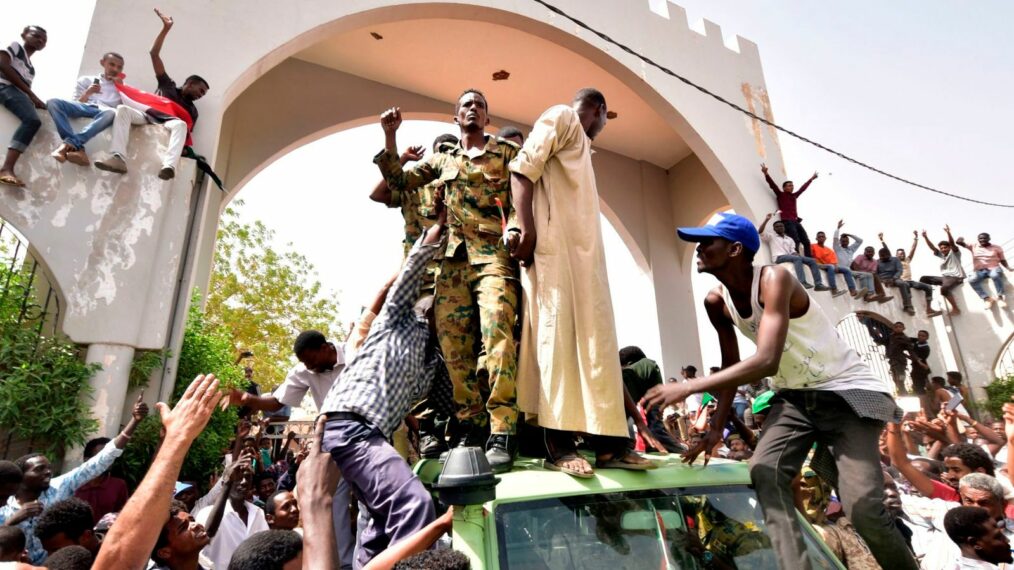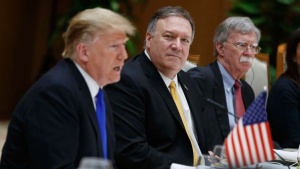At the beginning of 2019, the size of the Islamic State of Iraq and the Levant (ISIL) has been reduced greatly by a coalition including the United States. Unfortunately, people return home to discover their towns in rubble.
The fight has been going on for over four and a half years yet ISIL has been forced to retreat to a small area in Eastern Syria called Marashida. At the height of ISIL’s power, they had controlled 10 million people.
This contributed to the massive refugee crisis out of Syria and Iraq.
Buildings are destroyed, streets are gone, and there are few public services There are only bullet holes, twisted shrapnel, and dust. Yet despite their difficulties, the Iraqi government nor any other Non-Governmental Organization (NGO) is supporting them.
There are no hospitals either, or any sort of aid. They have no other choice but to rebuild alone. Civilians are exhausted from movement, fear, and the thought of uncertainty.
They just want a place they can have a healthy and safe life.
Yet some are worried because of President Trump’s announcement to withdraw troops from Syria. He claims that ISIL is destroyed yet that is incorrect.
The villagers are worried that ISIL will return to oppress them once the United States leaves. This will not only create havoc for the population, but ISIL could start to recruit again, thus growing in numbers and territory.
American military leaders do not know when they should withdraw from Syria, even though the president has made announcements about. This uncertainty creates instability all over the world. Russia is going to involve themselves more in Syria, NATO is unsure on how to react.
President Trump might not follow through with this move. If he does pull out, it would be best if NATO and other European Union (EU) countries stepped in to make sure that the terrorists are defeated and that human rights and peace are achieved at the end of the conflict.
Having Russia being the only other party involved in Syria would be dangerous for the global order and regional order in the Middle East. It is against US and EU interests and would be detrimental on the process of having freedoms in the Middle East post-conflict.
The returning of refugees and civilians back to their hometowns in Syria have been dramatic due to the destruction of their schools, hospitals, and homes.
Many are hopeful for the future but struggle to rebuild because they are alone on this venture. The uncertainty created by the US for proposing a pull out of military forces in Syria create worries for the people living there and that this will create the growth and spread of ISIL again.
It is imperative to have the EU and NATO to maintain strong even if the US pulls out to be a voice of freedom and human rights.
Nick Webb is the Research Fellow at Rise to Peace.







